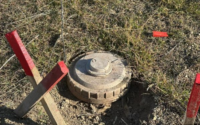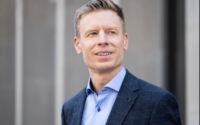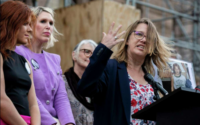Obasanjo discloses the source of the Boko Haram threat 2023
On Friday, former president Olusegun Obasanjo said Boko Haram’s founders informed him that poverty and unemployment drove the terrorist group’s early acts in the North-East.
However, if the approximately 20 million unschooled youngsters are not swiftly treated, they will produce Boko Haram fighters.
Dr. Kofo Obasanjo-Blackshire’s book, “Pillars of Statecraft: Nation-building in a Changing World,” was launched in Lagos on Friday by the former President.
Obasanjo pinpoints the origins of the Boko Haram threat.
He responded to an audience member’s question on why recent government initiatives had become more political than people-centered by saying that one of the nation’s biggest problems was looking for scapegoats.

He said, “During the early days of Boko Haram, when the man who started the movement was said to have been killed, I said I wanted to meet with the members of the group to talk to them and know what they wanted.
I spoke with their representatives and learned they wanted a better life. Can we blame them for wanting more?
Sharia Law was their belief. I informed them Nigeria has no Sharia issues. It’s our constitution.”
Some insurgents informed the previous president they went to school but had no work.
He said, “Do we blame them if after four years, they have no jobs? Can’t they work? Politics—governance and leadership—is one of the Ps of nation-building.
“Everything will go haywire if that (leadership) is not properly taken care of,” he warned.
How do we treat our people? How do we nurture them? What’s their worth?
We have nearly 20 million out-of-school youngsters. Google how many nations have fewer than 20m. That’s fine? Are you expecting no Boko Haram tomorrow?
“Those are your Boko Haram foundations tomorrow. That’s important. Not externally induced. Poverty: externally induced? Leaders choose poverty. No means no. Obasanjo stated, “Yes, if we say yes.”
The Boko Haram rebellion in Bauchi and other northern states in July 2009 killed hundreds of supporters, Nigerian law enforcement agents, and civilians.
Next year, bombs, mass shootings, and executions increased in the Northeast and elsewhere.



